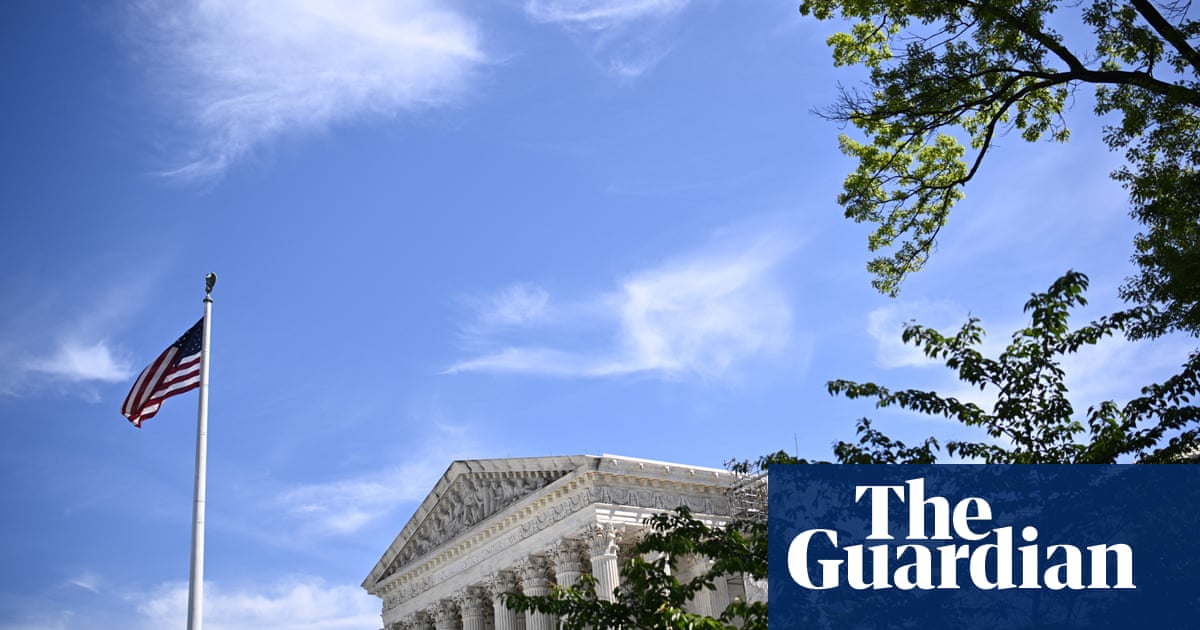
Nebraska residents will vote this November on two competing ballot measures to expand or limit abortion rights, the state supreme court ruled on Friday.
One of the measures that will be put to voters would enshrine Nebraska’s current abortion ban, which outlaws the procedure past 12 weeks of pregnancy, into the state constitution. The other would amend the state constitution to add the right to abortion up until fetal viability, or at about 24 weeks of pregnancy.
Earlier this week, the Nevada supreme court heard arguments in lawsuits that tried to kick one or both of the measures off the ballot. Abortion rights supporters and opponents had tussled in court over whether the measures violated state law that requires ballot measures to address only a single subject, but the supreme court rejected that argument on Friday and found that neither measure broke the law.
Nebraska legislators passed the 12-week abortion ban in 2023, after failing to pass a bill that would have banned abortion past about six weeks of pregnancy. Without the viability standard, anti-abortion lawmakers could try to get an even stricter ban through the legislature, abortion rights advocates warned.
“Patients with pregnancy complications after 12 weeks are being delayed and restricted care, or must leave the state to get the help they need – putting their lives, fertility, and physical and mental health at risk,” Protect Our Rights, the organization behind the abortion rights ballot measure, said in a statement.
The Nebraska ruling, which had to be issued by Friday in order to finalize the ballot, tees up an unusually direct showdown in the nationwide fight over abortion rights. Since the US supreme court overturned Roe v Wade in 2022, more than a dozen states have banned almost all abortions. In response, abortion rights supporters have started adding pro-abortion rights measures to state ballots.
So far, they have an unbroken winning streak. States such as Michigan and Ohio have passed ballot measures enshrining the right to abortion in their state constitutions, while voters in states such as Kansas and Kentucky have rejected measures that could curtail the right to the procedure.
However, no state has overturned a post-Roe abortion ban through a ballot measure, and no state has put such dueling measures in front of voters at the same time.
Voters in 10 states, including Nebraska, will have abortion-related measures on their ballots this year. Democrats are hoping that the measures will drive turnout in key battleground states such as Arizona and Nevada, and Kamala Harris has made support for abortion a key plank in her policy platform.












